Erosion Of Democracy: Is El Salvador Sliding Towards Dictatorship Under Bukele?
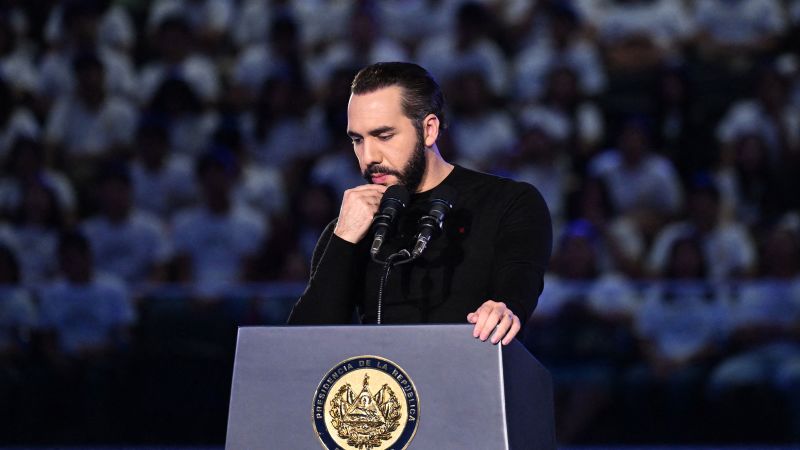
Welcome to your ultimate source for breaking news, trending updates, and in-depth stories from around the world. Whether it's politics, technology, entertainment, sports, or lifestyle, we bring you real-time updates that keep you informed and ahead of the curve.
Our team works tirelessly to ensure you never miss a moment. From the latest developments in global events to the most talked-about topics on social media, our news platform is designed to deliver accurate and timely information, all in one place.
Stay in the know and join thousands of readers who trust us for reliable, up-to-date content. Explore our expertly curated articles and dive deeper into the stories that matter to you. Visit Best Website now and be part of the conversation. Don't miss out on the headlines that shape our world!
Table of Contents
Erosion of Democracy: Is El Salvador Sliding Towards Dictatorship Under Bukele?
El Salvador's transformation under President Nayib Bukele has been dramatic, to say the least. His popularity, fueled by promises to tackle gang violence and corruption, has been matched by increasingly authoritarian tactics that have many questioning whether the country is sliding towards a dictatorship. The international community watches with growing concern as democratic norms are eroded, raising serious questions about the future of El Salvador's fragile democracy.
Bukele's Rise to Power and the "War on Gangs"
Bukele's 2019 election victory marked a departure from traditional Salvadoran politics. Presenting himself as an outsider, he tapped into widespread public frustration with the entrenched political establishment and the pervasive violence caused by powerful gangs like MS-13 and Barrio 18. His "Mano Dura" (Iron Fist) policy, focused on a brutal crackdown on gangs, initially enjoyed widespread public support. However, the methods employed have sparked intense debate and accusations of human rights abuses.
The Suppression of Opposition and Critics
While the crackdown on gangs has undeniably led to a reduction in violent crime, it has been accompanied by a systematic dismantling of democratic checks and balances. Critics point to several key actions:
- Curtailing of Judicial Independence: The Supreme Court has been effectively neutralized, with judges openly critical of Bukele's policies either dismissed or facing harassment. This undermines the vital role of the judiciary in upholding the rule of law.
- Control of the Legislature: Bukele's Nuevas Ideas party now holds a supermajority in the National Assembly, allowing him to push through legislation with minimal opposition. This has facilitated the passage of laws that critics argue severely limit freedom of expression and assembly.
- Targeting of Journalists and Civil Society: Journalists and human rights organizations who dare to criticize Bukele's administration have faced intimidation, harassment, and even legal persecution. This chilling effect on free speech significantly hampers accountability and transparency.
- State of Exception: The declaration of a state of exception, suspending fundamental rights, has become a recurring tactic, allowing the government to detain individuals without due process and further suppress dissent. This has raised serious concerns about arbitrary arrests and the erosion of fundamental freedoms.
International Condemnation and Concerns
The international community, including the Organization of American States (OAS) and the United Nations, has expressed deep concern over the democratic backsliding in El Salvador. Reports of extrajudicial killings, arbitrary detentions, and the erosion of judicial independence have drawn widespread condemnation. The US, a major aid donor to El Salvador, has also voiced its apprehension, suggesting potential consequences for continued authoritarian trends.
The Future of Democracy in El Salvador
The question of whether El Salvador is sliding towards dictatorship remains a subject of intense debate. While Bukele maintains high approval ratings among a populace weary of gang violence, the price paid for security seems to be a significant erosion of democratic institutions and fundamental human rights. The long-term consequences of this trajectory for El Salvador's future remain uncertain, but the current path presents a serious threat to the country's democratic foundations. The international community's continued scrutiny and pressure will be crucial in determining the future direction of El Salvador.
Call to Action: Stay informed about the situation in El Salvador. Support organizations working to defend human rights and promote democratic values in the region. Engage in discussions and advocate for democratic principles globally. Learn more about the .

Thank you for visiting our website, your trusted source for the latest updates and in-depth coverage on Erosion Of Democracy: Is El Salvador Sliding Towards Dictatorship Under Bukele?. We're committed to keeping you informed with timely and accurate information to meet your curiosity and needs.
If you have any questions, suggestions, or feedback, we'd love to hear from you. Your insights are valuable to us and help us improve to serve you better. Feel free to reach out through our contact page.
Don't forget to bookmark our website and check back regularly for the latest headlines and trending topics. See you next time, and thank you for being part of our growing community!
Featured Posts
-
 Driver Detained Following Police Car Crash On A1 In Newcastle
Jun 03, 2025
Driver Detained Following Police Car Crash On A1 In Newcastle
Jun 03, 2025 -
 Analysis The Strategic Significance Of Ukraines Drone Assault
Jun 03, 2025
Analysis The Strategic Significance Of Ukraines Drone Assault
Jun 03, 2025 -
 Tom Daleys Advice Helping Closeted Athletes Come Out
Jun 03, 2025
Tom Daleys Advice Helping Closeted Athletes Come Out
Jun 03, 2025 -
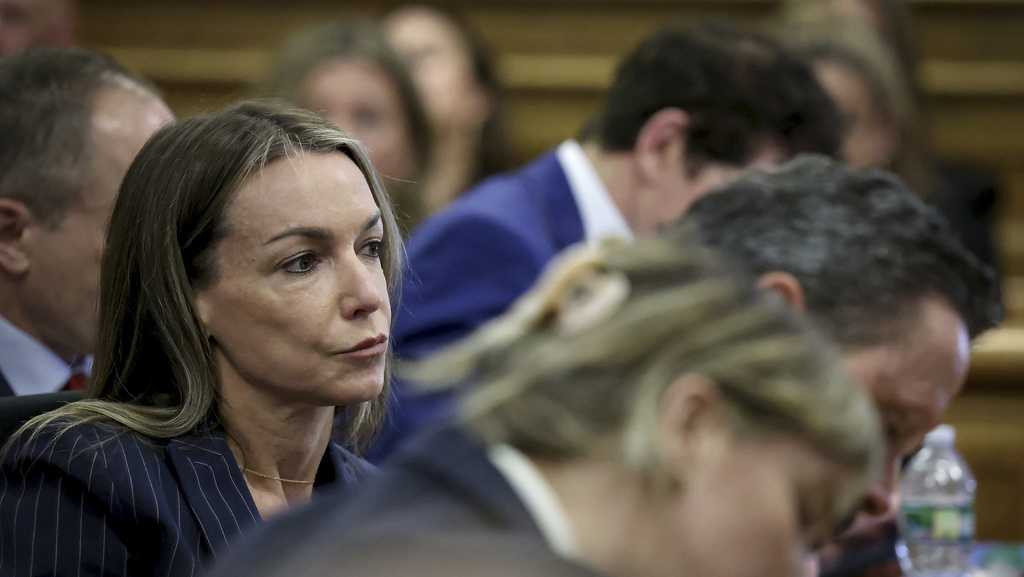 Latest Updates Defense Presents Further Arguments In Karen Read Murder Trial
Jun 03, 2025
Latest Updates Defense Presents Further Arguments In Karen Read Murder Trial
Jun 03, 2025 -
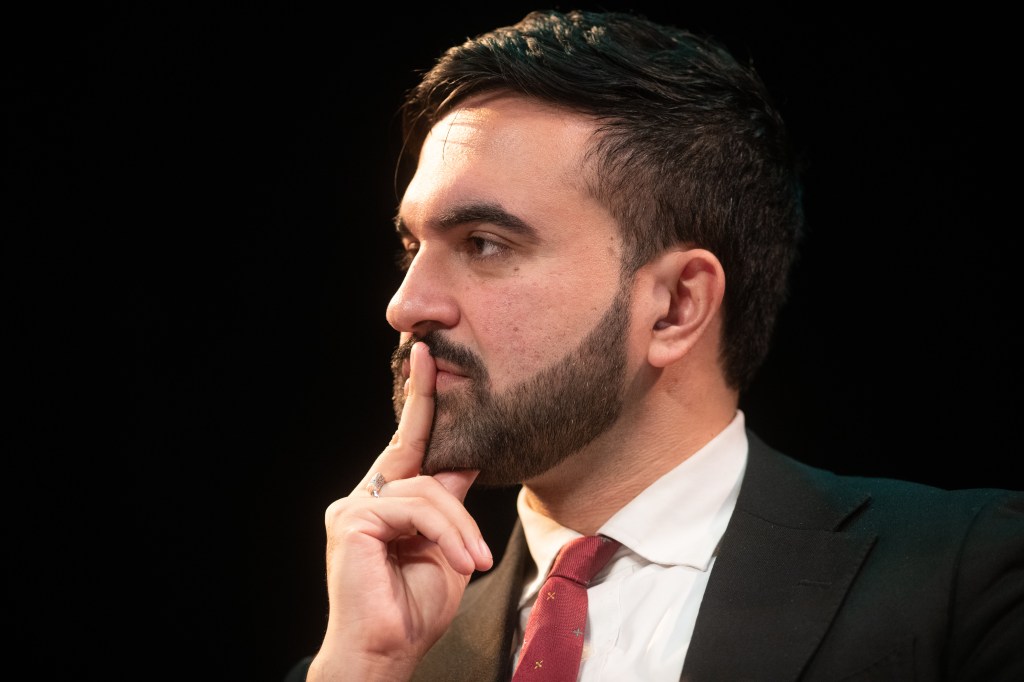 Democratic Primary Showdown Is Faiza Mamdani The Next Mayor Of New York
Jun 03, 2025
Democratic Primary Showdown Is Faiza Mamdani The Next Mayor Of New York
Jun 03, 2025
Latest Posts
-
 X Qc Vs Kai Cenat Who Reigns Supreme In Streaming Net Worth
Aug 03, 2025
X Qc Vs Kai Cenat Who Reigns Supreme In Streaming Net Worth
Aug 03, 2025 -
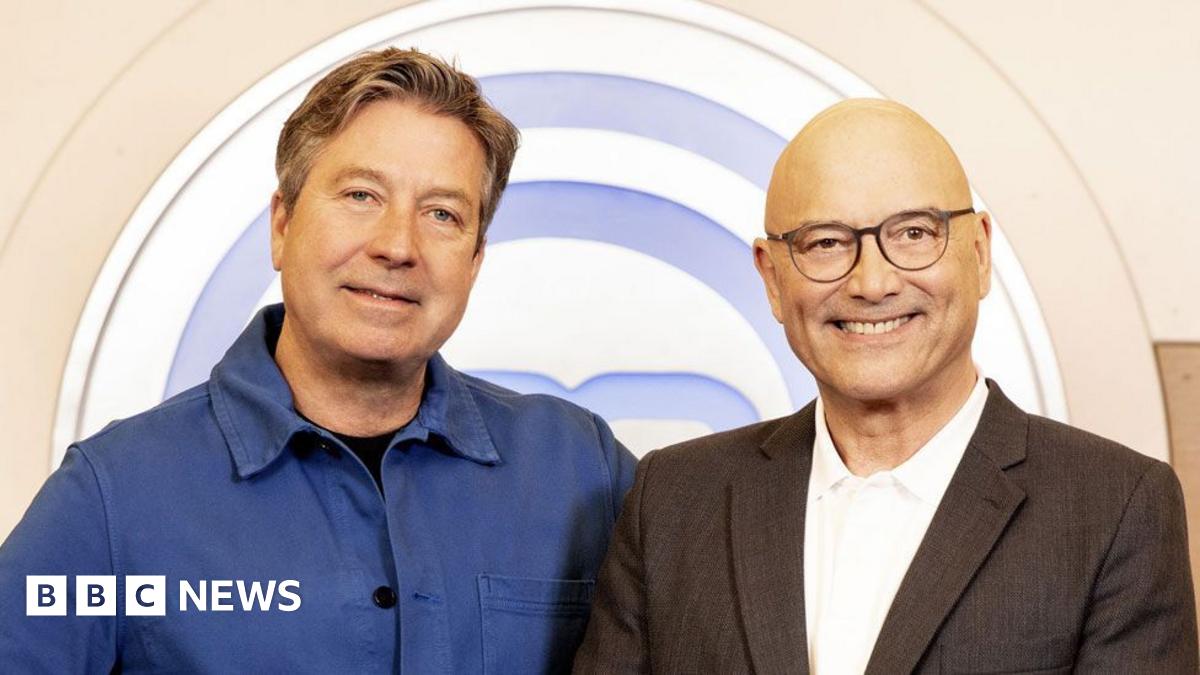 Backlash Against Bbc Master Chef Faces Cancellation After Judge Sackings
Aug 03, 2025
Backlash Against Bbc Master Chef Faces Cancellation After Judge Sackings
Aug 03, 2025 -
 Mr Beasts Challenge Cenat Vs X Qcs Streaming Empire Compared
Aug 03, 2025
Mr Beasts Challenge Cenat Vs X Qcs Streaming Empire Compared
Aug 03, 2025 -
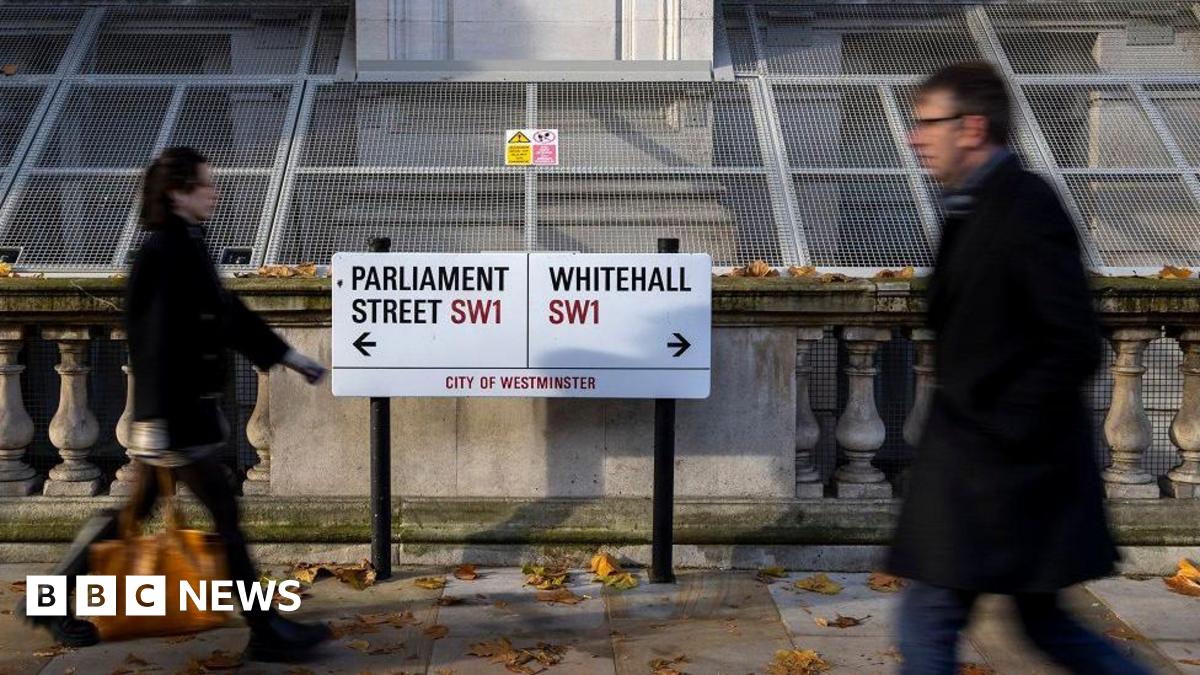 New Policy Only Working Class Individuals Eligible For Civil Service Internships
Aug 03, 2025
New Policy Only Working Class Individuals Eligible For Civil Service Internships
Aug 03, 2025 -
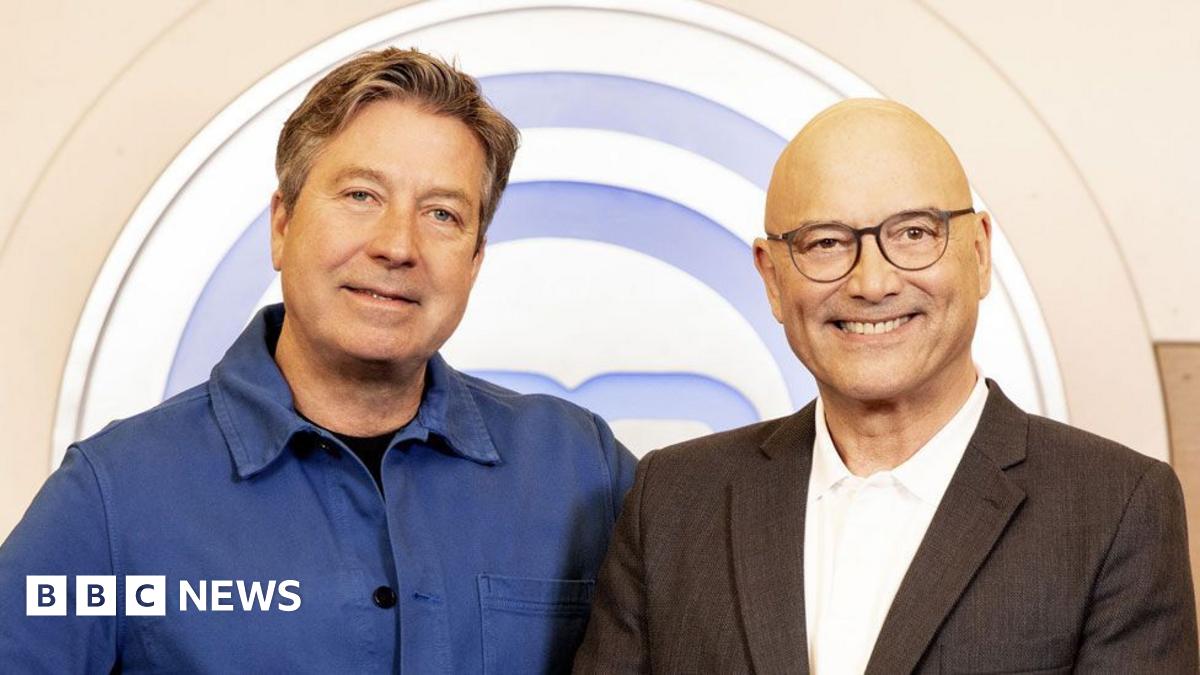 Public Outrage Prompts Master Chef Review Bbc Responds To Judge Controversy
Aug 03, 2025
Public Outrage Prompts Master Chef Review Bbc Responds To Judge Controversy
Aug 03, 2025
